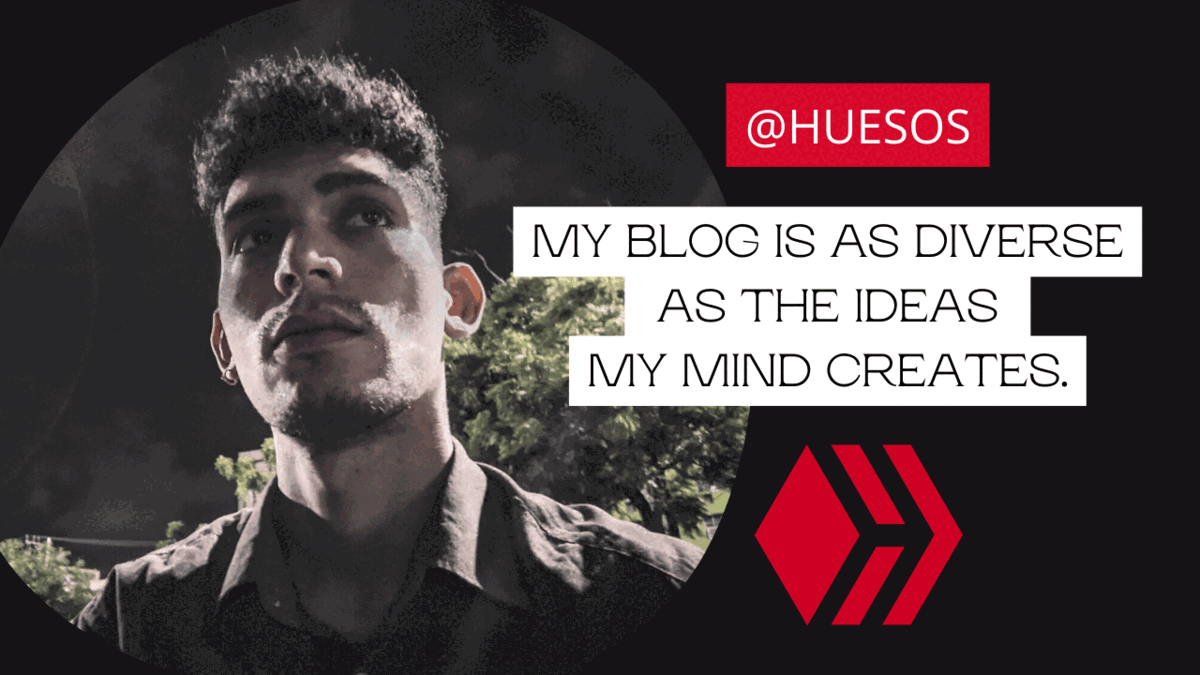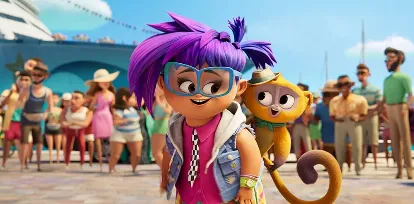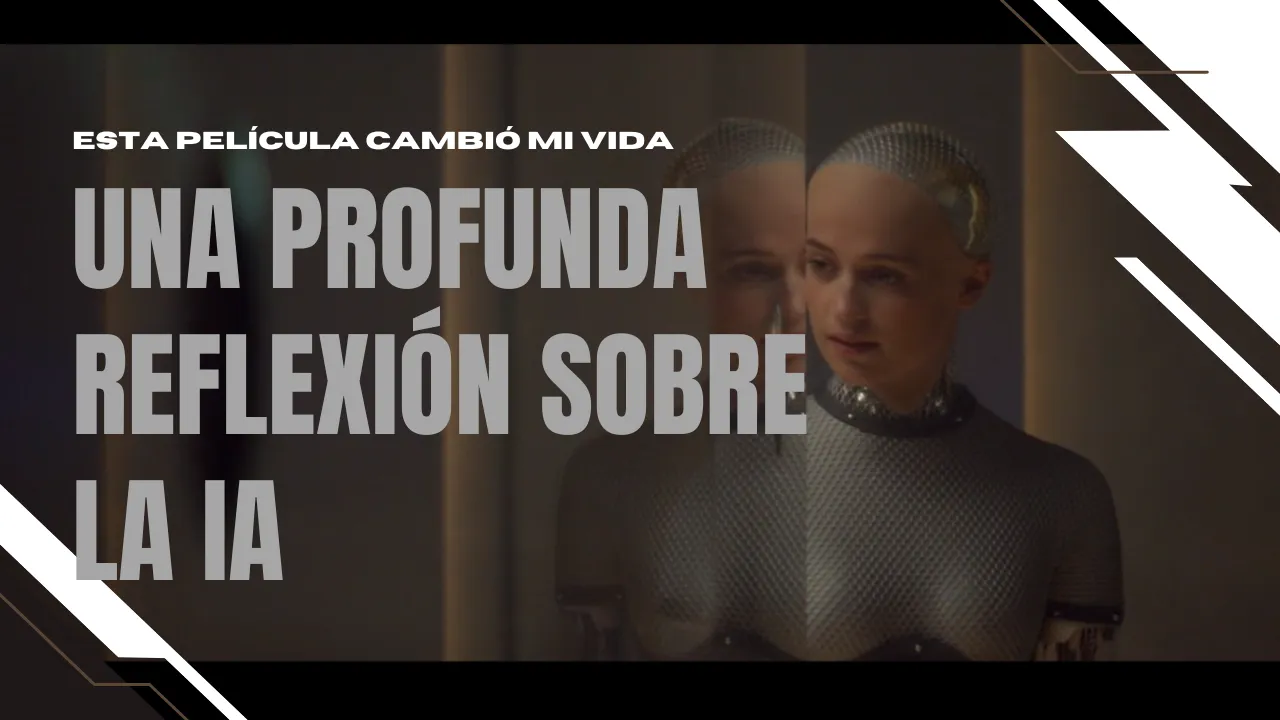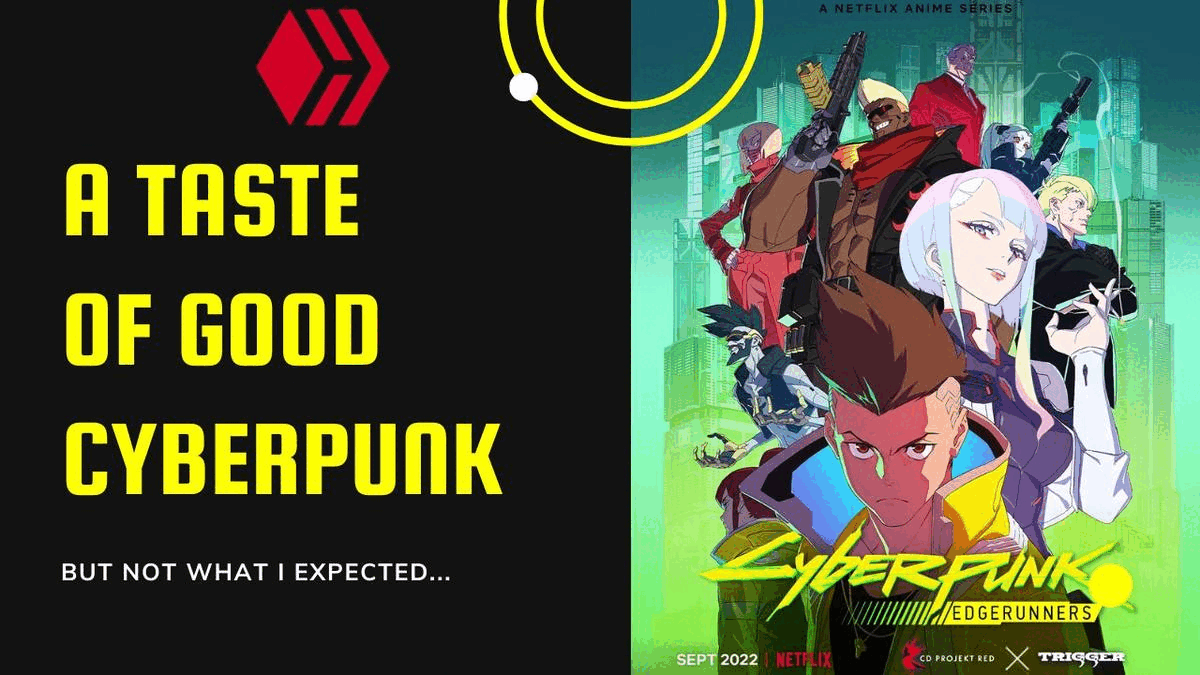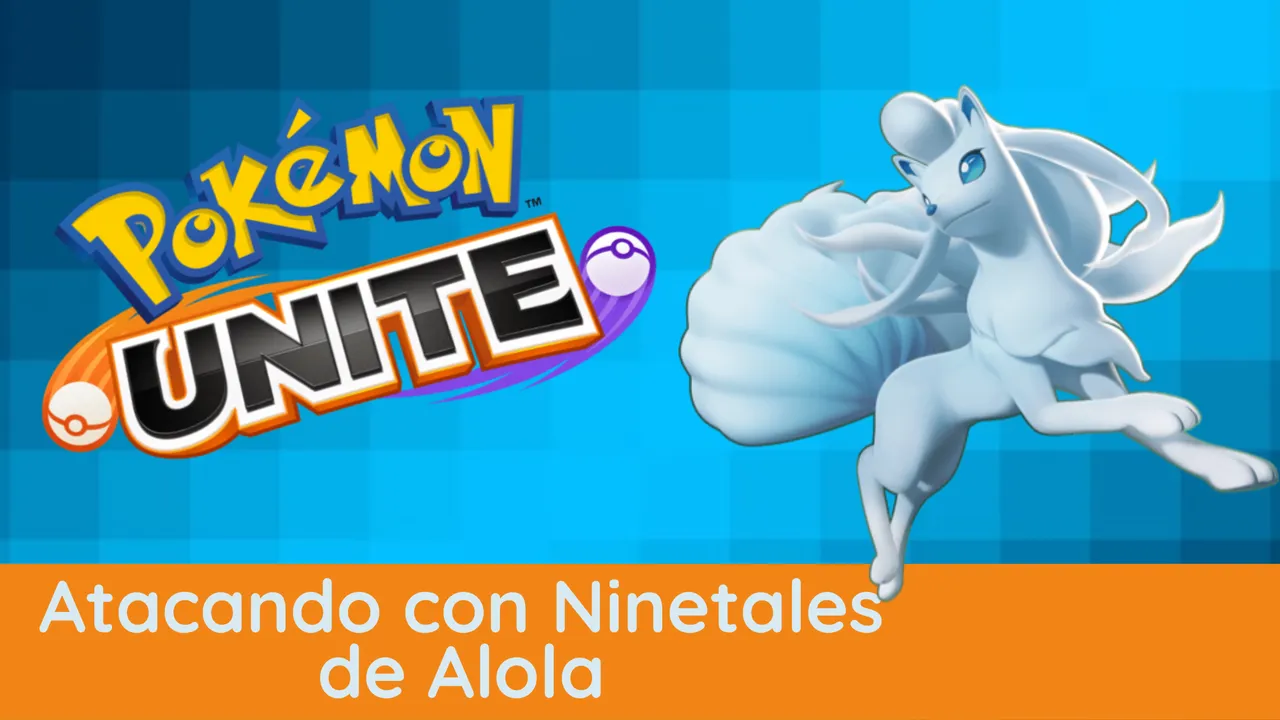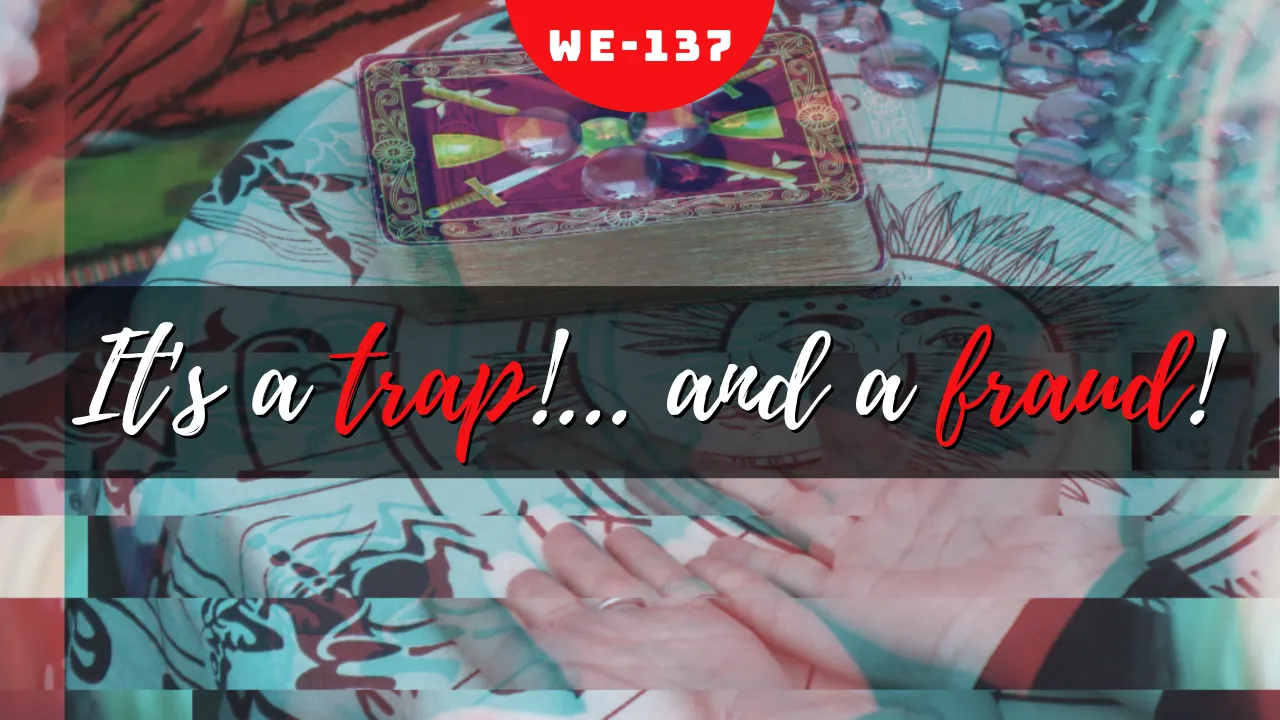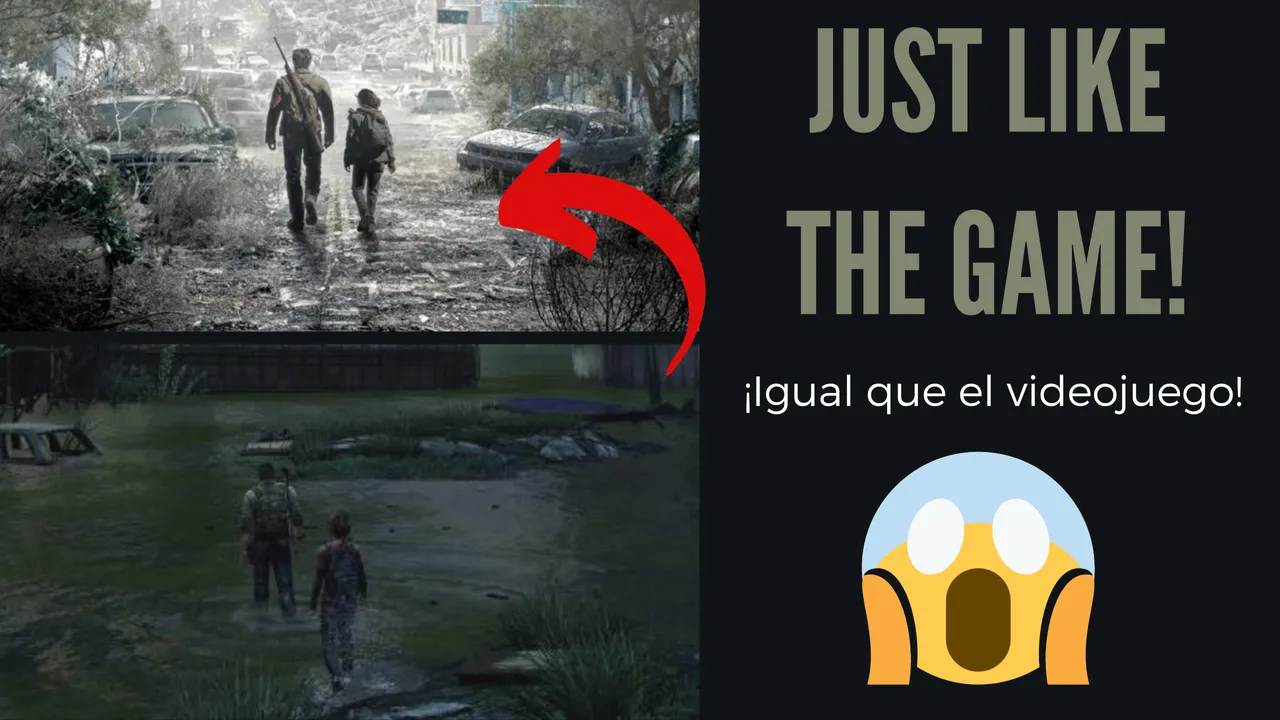
English
Gamers have been celebrating the beginning of a paradigm shift for a couple of years now. We were used to see video game adaptations to film format being so bad that they were embarrassing, but it seems that a new direction is starting to be taken.
We've all suffered when we've seen a video game we loved being tainted with a film so disgusting that it makes us want to gouge our eyes out and sue Hollywood production companies for psychological damage. Even the better known ones were buying licenses and releasing mediocre works with no respect for either the general public or the fans they were targeting.
Although sometimes the formula worked, if you knew that any video game would get a movie, you expected it to be an unmitigated disaster. Most of the time it was like that. We'd had enough.
A long road of disappointments
My personal case has a lot to do with the Resident Evil saga. It was always one of my favourites, and the films initially were at least decent, but not at all faithful to the original material. Then they got progressively worse, to the point of making them so intolerable that they didn't even work for memes.
Resident Evil, as a video game, is not exempt from stumbling. But despite that, it is directly responsible for setting the benchmark for horror and action games not once, but several times over and with a lot of character. It was always a pioneering saga with many outstanding instalments.
It was during a period of transition, where the series lost its way, that several alternatives arrived with similar concepts that began to look like worthy competitors. At that time, a game came along to take all the good that Resident Evil had created and mix it with a masterful story and narrative.
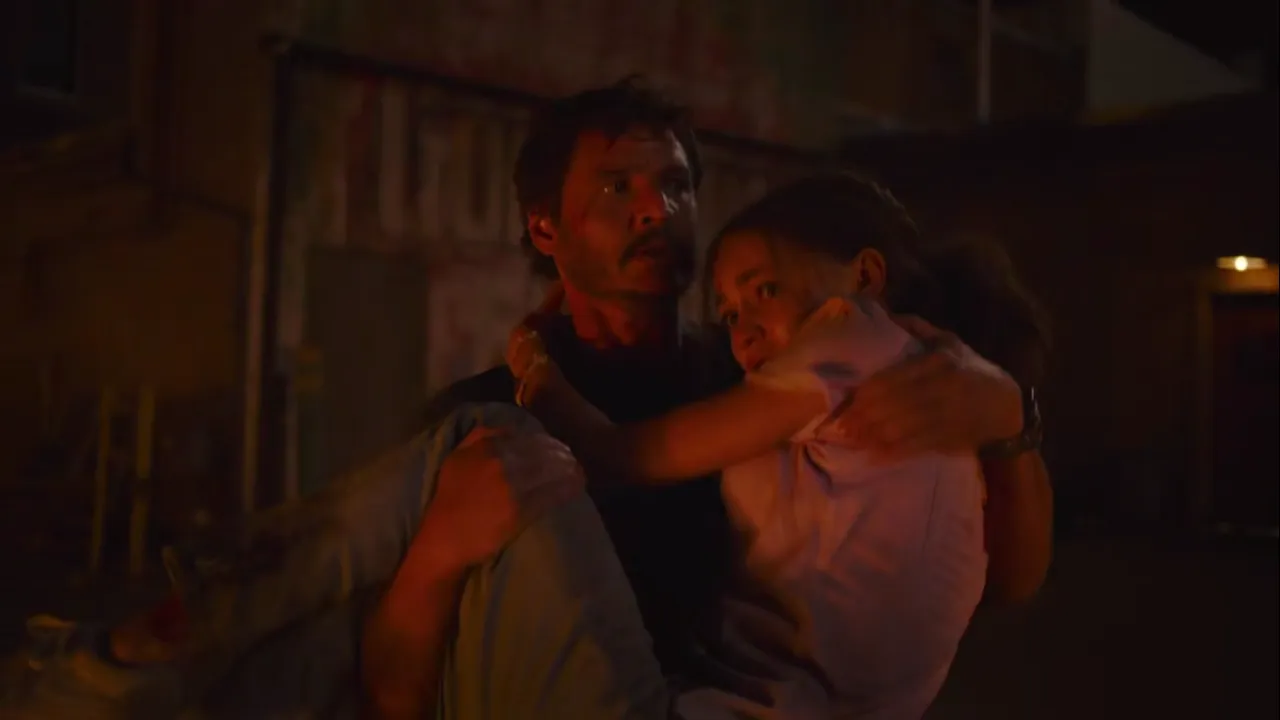
The game that would change everything
The Last of Us was released in 2013 as a PS3 (PlayStation 3) exclusive game. We weren't able to gauge at the time what it would mean, but many of us sensed that we were about to get a taste of a game so spectacular that it was going to change the way video games were made for generations to come.
To put it in context, almost at the same time the PS4 was presented, so in a way it represented the farewell to the PS3 console with a game that promised to squeeze all its capabilities to the maximum. It's often the case that games released at the end of a console's lifecycle look much better than the rest of the catalogue, and this is a good example.
I clearly remember the high expectations. Everyone was talking about this project. Naughty Dog had made a name for itself with the Uncharted saga, and one of its former heads, Neil Druckmann, would be in charge of creating this work that proposed a lot of fresh things.
One of the most important points was the narrative. At that time, so-called "cinematic games" were beginning to appear very frequently. These followed the idea of emphasising the stories, narrating progressively with each chapter of the game and non-playable scenes that seemed a bit excessive.
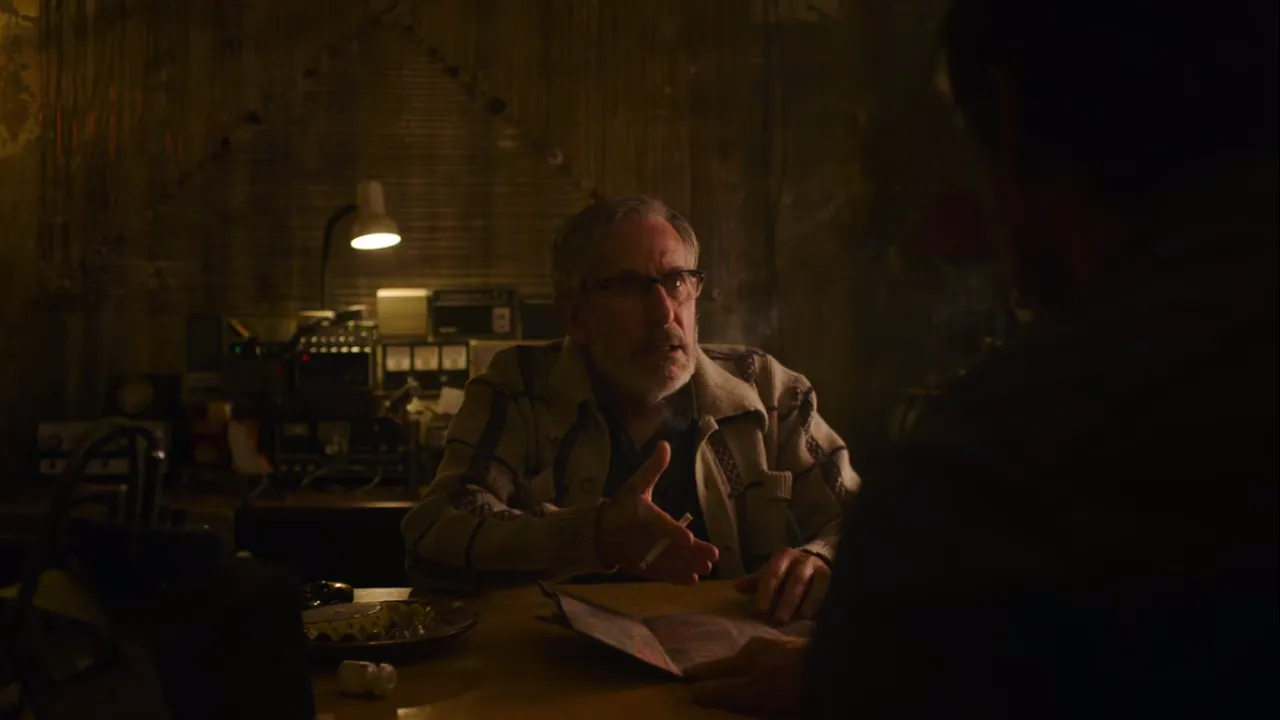
For these games, it was increasingly more about the story than the gameplay experience. But Naughty Dog had been handling Uncharted with a good balance, and they had already shown that they knew how to make the PS3 have spectacular graphics for the time. If everything went right, there was no way The Last of Us wouldn't be a great game.
What they delivered not only lived up to expectations, it was immediately hailed as a work of art. The narrative and gameplay were sublime, and the story it told was exceedingly mature and consistent. The Last of Us was, at the time, the ultimate cinematic game.
The promised series
Unsurprisingly, HBO decided to adopt the rights to The Last of Us and turn the story into a series, and with such a high bar, there was a balance of doubt and hope. A decade after revolutionising video games, The Last of Us came to streaming and television to revolutionise them equally.
The Last of Us series has barely been released, but it is already a success. It has left no one indifferent. To make it work, HBO just had to respect the source material and find a competent cast. I can say with great satisfaction that they did exactly that.
The first episode of The Last of Us portrays the story of the game with impressive fidelity. It's clearly not an exact copy, and if it were, it wouldn't make sense. It's a very clever conversion of the storyline with a few changes that are worked in for consistency and realism.
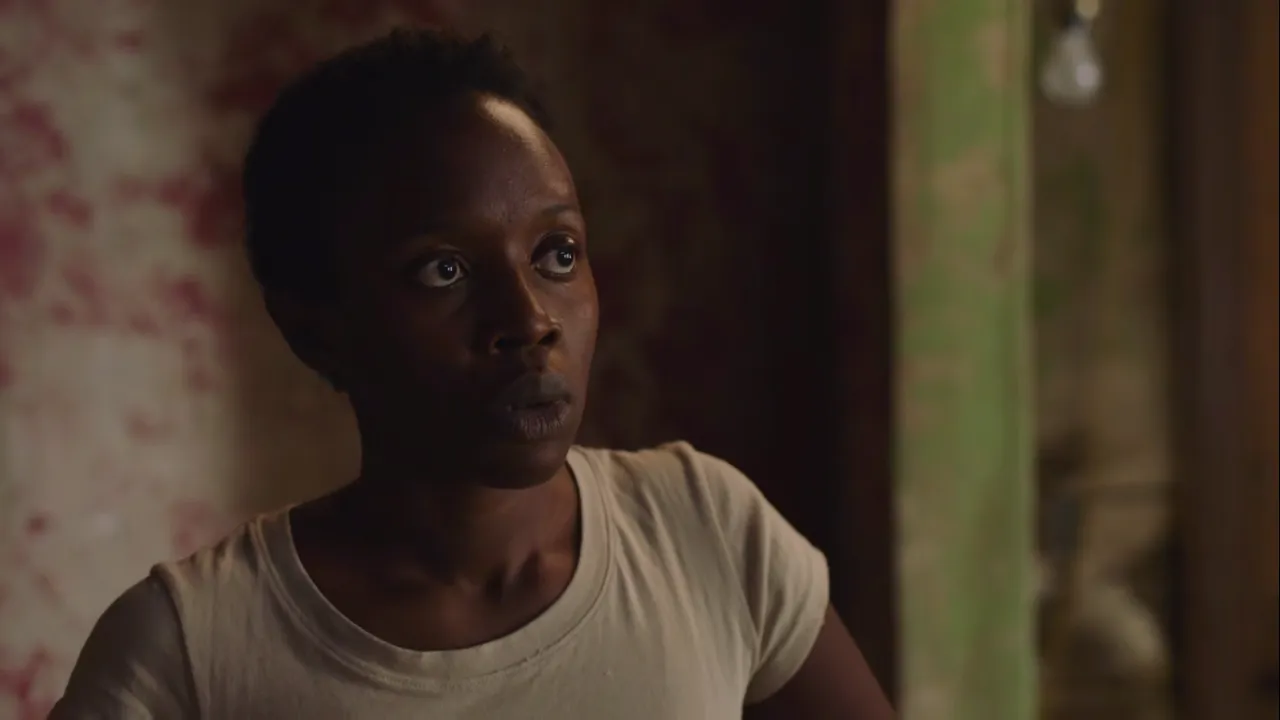
There were some doubts about Pedro Pascal as Joel, but there's no longer any way to say it wasn't a wise choice. The physical resemblance pretty much justifies his role, but the acting is up to the level that a character that has become so iconic and well-developed deserves.
Bella Ramsey suffered much more from unfounded criticism. Admittedly, she looks nothing like the Ellie of the game, but those of us who saw her in Game Of Thrones and have followed her career a bit, gave her a vote of confidence.
Ellie has barely had any development, but it's clear that Bella Ramsey has done a marvellous job. The rest of the characters are too irrelevant for anyone to mind a change of appearance, but they've all served the purpose. The show is well on its way to making a mark.
Beyond its individual achievements, I think HBO's The Last of Us is here to declare that the era of bad video game adaptations is over. We've already seen a couple of great projects that started to change everything, but this series stands out and is speaking out on behalf of the entire industry.
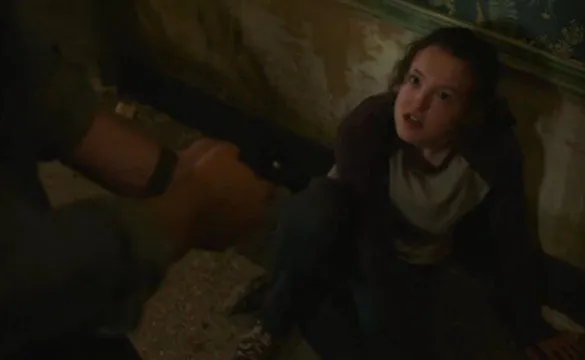
Games have had good stories for a long time. It's time for adaptations to honour their sources instead of ridiculing them.

Español
Los gamers estamos celebrando el inicio de un cambio de paradigma desde hace un par de años. Estábamos acostumbrados a que las adaptaciones de videojuegos a un formato cinematográfico sean tan malas que dan vergüenza, pero parece que se empieza a tomar un nuevo rumbo.
Todos hemos sufrido alguna vez al ver un videojuego que amábamos ser manchado con una película tan asquerosa que nos hace querer arrancarnos los ojos y demandar a productoras de Hollywood por daños psicológicos. Incluso las más conocidas se dedicaban a comprar licencias y lanzar trabajos mediocres sin respetar ni al público general ni a los fanáticos que apuntaban.
Aunque a veces la fórmula funcionaba, si sabías que cualquier videojuego tendría una película esperabas que fuese un desastre absoluto. La mayoría de las veces era así. Ya estábamos hartos.
Un largo camino de decepciones
Mi caso personal tiene mucho que ver con la saga Resident Evil. Siempre fue de mis favoritas, y las películas que había dado inicialmente eran al menos decentes, pero nada fieles al material original. Luego se fueron haciendo progresivamente peores, hasta el punto de hacerlas tan intolerables que ni siquiera funcionaban para hacer memes.
Resident Evil, como videojuego, no se exime de haber trastabillado. Pero a pesar de eso, es directamente responsable de haber sentado los parámetros a seguir para juegos de horror y acción no una, sino varias veces y con mucho carácter. Siempre fue una saga pionera con muy entregas destacables.
Fue durante un periodo de transición, donde la saga perdió su rumbo, que llegaron varias alternativas con conceptos similares que empezaron a parecer dignos competidores. En ese entonces, apareció un juego para tomar todo lo bueno que Resident Evil había creado y mezclarlo con una magistral trama y narrativa.

El juego que cambiaría todo
The Last of Us fue lanzado en el año 2013 como un juego exclusivo de la PS3 (PlayStation 3). No fuimos capaces de dimensionar en ese entonces lo que significaría, pero muchos intuimos que estábamos por probar un juego tan espectacular que iba a cambiar la forma de hacer videojuegos en las siguientes generaciones.
Para ponerlos en contexto, casi al mismo tiempo se presentó la PS4, así que de alguna manera representó la despedida de la consola PS3 con un juego que prometía exprimir al máximo todas sus capacidades. Suele suceder que los juegos lanzados al final del ciclo de vida de una consola lucen mucho mejor que el resto del catálogo, y este es un buen ejemplo.
Recuerdo claramente las altas expectativas. Todo el mundo hablaba de este proyecto. Naughty Dog había ganado buena fama por la saga Uncharted, y uno de sus antiguos responsables, Neil Druckmann, se encargaría de crear esta obra que proponía muchas cosas frescas.
Uno de los puntos más importantes era la narrativa. Para ese momento empezaban a aparecer con mucha frecuencia los llamados “juegos cinematográficos”. Estos seguían la idea de hacer énfasis en las historias, narrando progresivamente con cada capítulo del juego y escenas no jugables que parecían algo excesivas.

Para estos juegos, era cada vez más sobre la historia que sobre la experiencia jugable. Pero Naughty Dog venía manejando Uncharted con un buen equilibrio, y ya habían demostrado que sabían la forma de hacer que la PS3 tuviera gráficos espectaculares para la época. Si todo salía bien, no había forma de que The Last of Us no fuera un juegazo.
Lo que nos entregaron no solo cubrió las expectativas, fue inmediatamente calificado como toda una obra de arte. La narrativa y la jugabilidad eran sublimes, y la historia que contaba era excesivamente madura y consistente. The Last of Us fue en ese entonces el juego cinematográfico por excelencia.
La serie prometida
No es de extrañar que HBO decidiera adoptar los derechos de The Last of Us y convertir la historia en una serie, y con una vara tan alta, había un equilibrio de dudas y esperanzas. Una década después de revolucionar los videojuegos, The Last of Us llegó al streaming y la televisión para revolucionarlos de igual manera.
La serie de The Last of Us apenas ha sido lanzada, pero ya se puede decir que es un éxito. A nadie ha dejado indiferente. Para hacer que funcionara, HBO solo debía respetar el material original y buscar un elenco competente. Puedo decir muy satisfecho que eso fue exactamente lo que hicieron.
El primer episodio de The Last of Us retrata la historia del juego con una fidelidad impresionante. Claramente no es una copia exacta, y si así lo fuera no tendría sentido. Es una conversión muy inteligente del guion con algunos cambios puntuales sobre los que se trabaja para dar coherencia y realismo.

Hubo algunas dudas sobre Pedro Pascal como Joel, pero ya no hay forma de decir que no fue una elección acertada. El parecido físico justifica bastante su rol, pero la actuación está al nivel que se merece un personaje que se ha vuelto tan icónico y bien desarrollado.
Bella Ramsey sufrió mucho más por las críticas sin fundamento. Es cierto que no se parece en nada a la Ellie del juego, pero quienes la vimos en Game Of Thrones y hemos seguido un poco su carrera, le dimos un voto de confianza.
Ellie apenas ha tenido desarrollo, pero es evidente que Bella Ramsey lo ha hecho de maravilla. El resto de los personajes son muy poco relevantes como para que a alguien le moleste un cambio de apariencia, pero todos han cumplido el objetivo. La serie va camino a marcar una era.
Más allá de sus logros individuales, creo que The Last of Us de HBO viene para declarar que se acabó la era de las malas adaptaciones de videojuegos. Ya vimos un par de grandes proyectos que empezaron a cambiarlo todo, pero esta serie destaca y está alzando la voz en nombre de toda la industria.

Los juegos han tenido buenas historias desde hace mucho. Ya es hora de que las adaptaciones le hagan honor a sus fuentes en lugar de ridiculizarlas.

